Rosemary plant, Salvia rosmarinus officinalis | Kitchen herbs
₹275.00 – ₹549.00
Live plant along with Plastic pot.
- Plants height with pot is 18-24 inches, pot size is 6-inch diameter.
- Dense plant with 2-5 shoots.
- Plant nature is indoor/semi shade, alternate day watering.
- Useful as edible Plants, herbs & medicinal plants.
- Rare herb & medicinal plant.
Description
Description
About Rosemary, Salvia Rosmarinus
Rosemary is an aromatic evergreen shrub with leaves similar to hemlock needles. It is native to the Mediterranean and Asia but is reasonably hardy in cool climates. It can withstand droughts, surviving a severe lack of water for lengthy periods. Its seeds are often difficult to start, with a low germination rate and relatively slow growth, hence it’s recommended to buy the Plant, the plant itself can live as long as 30 years.
Plant Care
- Keep the plant in natural indirect bright Light.
- Poke your finger/plain small stick into the soil to check the moisture.
- Water when topsoil (1-2inches) feels dry to touch.
- Re-pot after 20-25 days of receiving the plant.
It’s easy to care for the Rosemary plant. When growing these plants, provide them with well-drained, sandy soil and at least six to eight hours of sunlight. These plants thrive in warm, humid environments and cannot take extremely cold temperatures. Since rosemary cannot withstand winters below 30 F. (-1 C.), it’s often better when growing rosemary plants to put them in containers, which can be placed in the ground and easily moved indoors during winter.
Placement
Rosemary prefers to remain somewhat on the dry side; therefore, terra cotta pots are a good choice when selecting suitable containers. These pots allow the plant to dry out faster. Thoroughly water rosemary plants when the soil is dry to the touch but allow the plants to dry out between watering intervals. Even indoors, rosemary plants will require lots of light, for at least six hours, so place the plant in a suitable location like a South facing window, with a good amount of filtered light.
Medicinal Use:
- Laboratory studies have shown rosemary to be rich in antioxidants, which play an important role in neutralizing harmful particles called free radicals
- Blood levels of a rosemary oil component correlate with improved cognitive performance, according to research in Therapeutic Advances in Psychopharmacology, published by SAGE
- this plant contains an ingredient, carnosic acid, that is able to fight off free radical damage in the brain
- This plant may have the potential to prevent brain aging.
- Rosemary may be an effective herbal anti-inflammatory and anti-tumor agent
- Note- Please consults your health advisor before applying or consuming plants or plant parts.
Culinary Use:
- While rosemary blends well with other herbs, use it lightly on its own in lamb, pork, chicken, and veal dishes, as well as in soups and stews, vegetables, and sauces
- Rosemary provides a wonderful flavour in bread and makes a good marinade with olive oil, wine, and garlic
- Rosemary’s aromatic qualities also enhance a bath, bouquet, wreath, or sachet
- Note- Please consults your health advisor before application or consuming of plants or plant parts
Additional information
Additional information
| Weight | 1 kg |
|---|---|
| Dimensions | 11 × 11 × 37 cm |
| Select Pot |
Reviews (0)
You must be logged in to post a review.
You may also like…
-
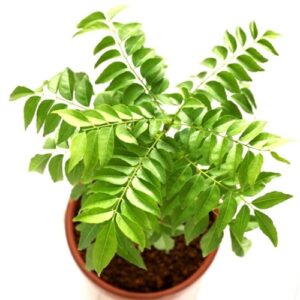
Kadi Patta Plant, Curry Leaves, Meetha Neem
₹249.00 – ₹599.00 Select options -
9% OFF
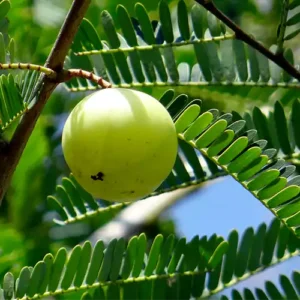
Amla plant, Indian gooseberry, Phyllanthus Emblica (Chakaiya) – (Grafted)
Original price was: ₹550.00.₹499.00Current price is: ₹499.00. Add to cart -
28% OFF
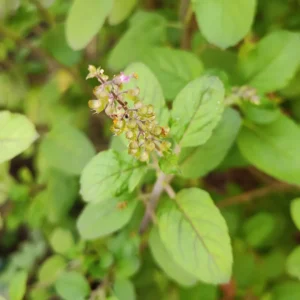
Rama Tulsi (Ocimum Gratissimum) plant
₹249.00 – ₹1,250.00 Select options -
8% OFF
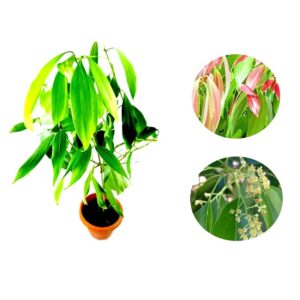
Tej Patta, Tamalpatra Plant – Cinnamon Tamala, Indian bay Leaf
Original price was: ₹599.00.₹549.00Current price is: ₹549.00. Add to cart -
7% OFF
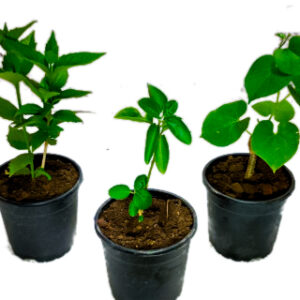
Immunity booster plants – Giloy, Ashwagandha, Parijat
Original price was: ₹600.00.₹555.00Current price is: ₹555.00. Add to cart -
16% OFF
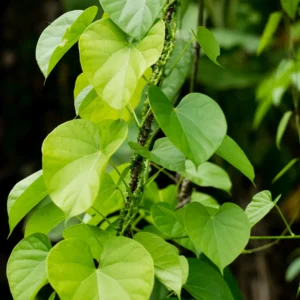
Giloy plant | Tinospora cordifolia “Gulvel”- Plants
Original price was: ₹299.00.₹249.00Current price is: ₹249.00. Add to cart -
16% OFF
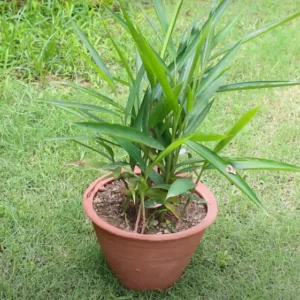
Elaichi Plant – Velchi, True Cardamom
₹249.00 – ₹1,549.00 Select options -
20% OFF
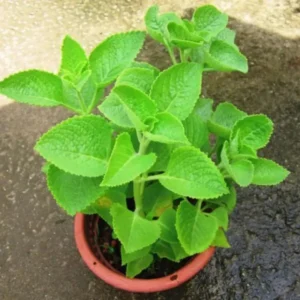
Ajwain Plant | Trachyspermum ammi – Plants
Original price was: ₹249.00.₹199.00Current price is: ₹199.00. Add to cart


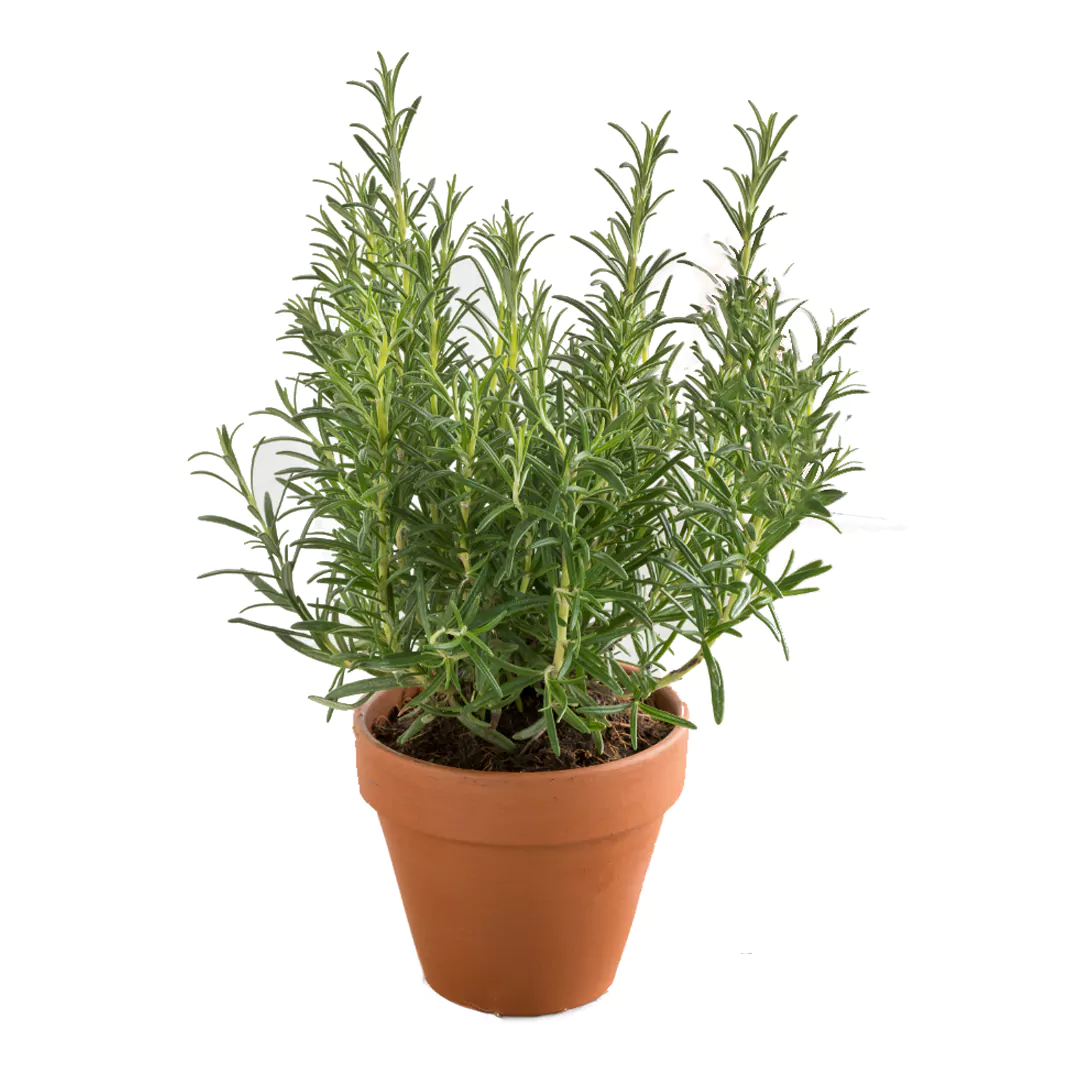
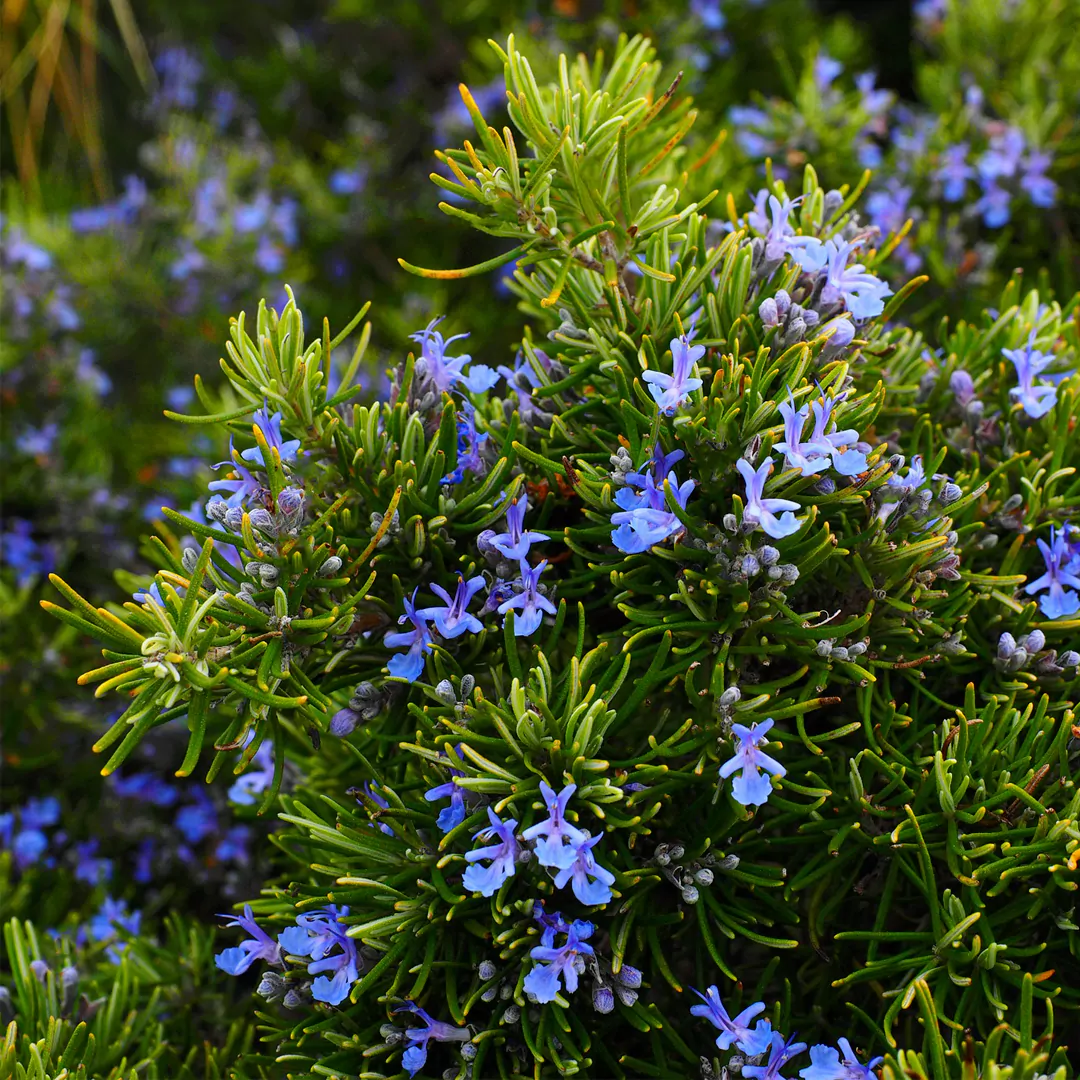
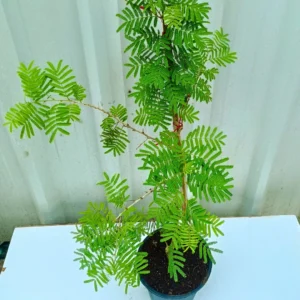
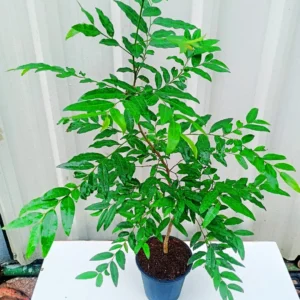
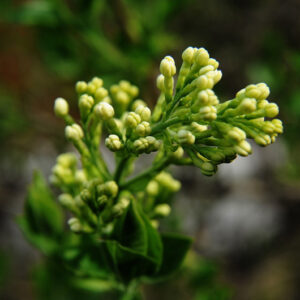
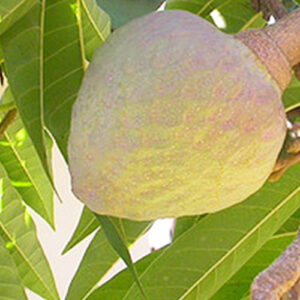
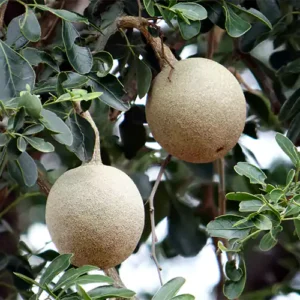

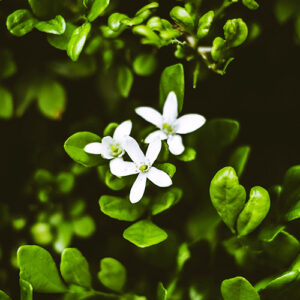
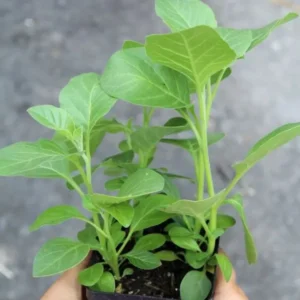
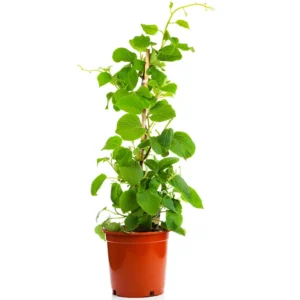
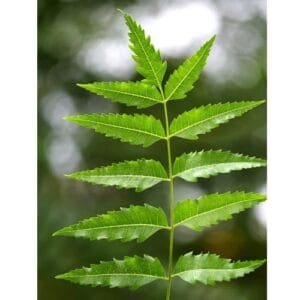
Reviews
There are no reviews yet.